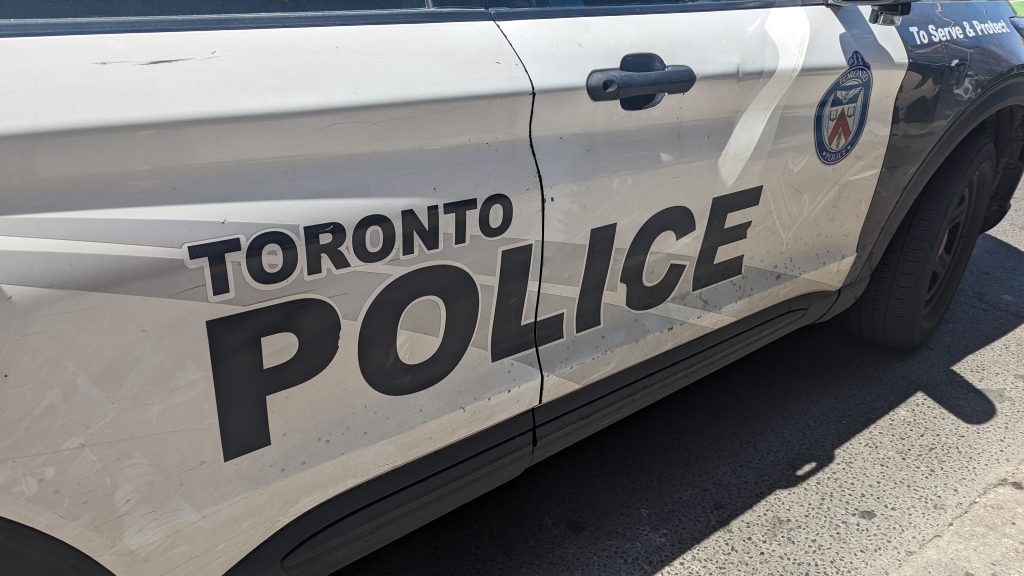Passengers in hours long Air Transat delays describe harrowing conditions
Posted August 30, 2017 10:01 am.
Last Updated August 30, 2017 3:49 pm.
This article is more than 5 years old.
Passengers trapped aboard two Air Transat jets described hours on end of sweltering heat, a lack of water and the stench of vomit earlier this summer as a federal agency began hearings Wednesday into how their ordeal happened in the first place.
Witnesses described seeing flight attendants outside on the Ottawa tarmac taking selfies alongside one stranded plane amid widespread confusion over the July 31 delays — six hours in one case, five in the other — as well as finger-pointing afterward between the airline and airport officials in the national capital.
One by one, passengers told members of the Canadian Transportation Agency, the agency investigating the incidents, that they would have given anything to be allowed off the planes, even if only to face further delays or long drives home.
“Air Transat said that it’s the airport of Ottawa, and Ottawa airport says it is Air Transat who didn’t ask for help,” said Blaise Pascal Irutingabo, one of the passengers who endured trying conditions during a six-hour delay.
“As a passenger, we don’t know who to blame or who to talk to about what happened.”
They described feeling treated like cargo by the airline, rather than as human beings, and accused the carrier of being more concerned about getting the planes in the air than it was about the health and safety of its customers.
“There was no relief,” passenger Alan Abraham told the panel. “I felt like we were luggage; they had to get us to Montreal no matter what. They didn’t care what condition we were in.”
Witnesses expressed frustration at both the airline and the airport, saying they just want to know who should be held responsible.
Wednesday’s testimony marked the first of two days of hearings into whether the airline broke its contract with passengers. Both planes were originally bound for Montreal — one from Brussels, the other from Rome — but were forced to redirect to Ottawa due to weather conditions.
“Air travel is an integral part of modern life,” said Scott Steiner, chair and CEO of the agency. “Usually it goes smoothly, but if it doesn’t, passengers have rights.”
Senior Air Transat officials are scheduled to testify Thursday. The panel was expected to hear from Ottawa airport officials later Wednesday.
The passengers said they were told repeatedly that they were not allowed off the planes because customs agents refused to let it happen, even after food and beverage supplies ran out and the air conditioning failed on one of the planes.
Several other flights had to be rerouted during what the agency described as a peak period.
Marc Jette, a passenger aboard the Brussels flight, dialled 911 to get help, a decision that the agency’s investigator said added to the delay in getting both planes off the ground.
Jette said his daughters suffered nightmares the week after the ordeal, and are now nervous about flying again.
Prior to the hearings, the investigator’s report found multiple areas of dispute between the airline, the airport and the private operator that provides ground services in Ottawa, a common situation at Canadian airports.
In Ottawa, the contract with the provider, First Air, doesn’t include any service standards.
The backdrop to the hearings is the federal government’s proposed air passenger bill of rights, which it hopes to have made law by the end of the year.
Hearings on the bill, known as C-49, will start before the House of Commons officially resumes sitting after its summer break.
How the airline industry must respond to tarmac delays is not the focus of those hearings and instead will be dealt with after Parliament approves the government’s legislation.










